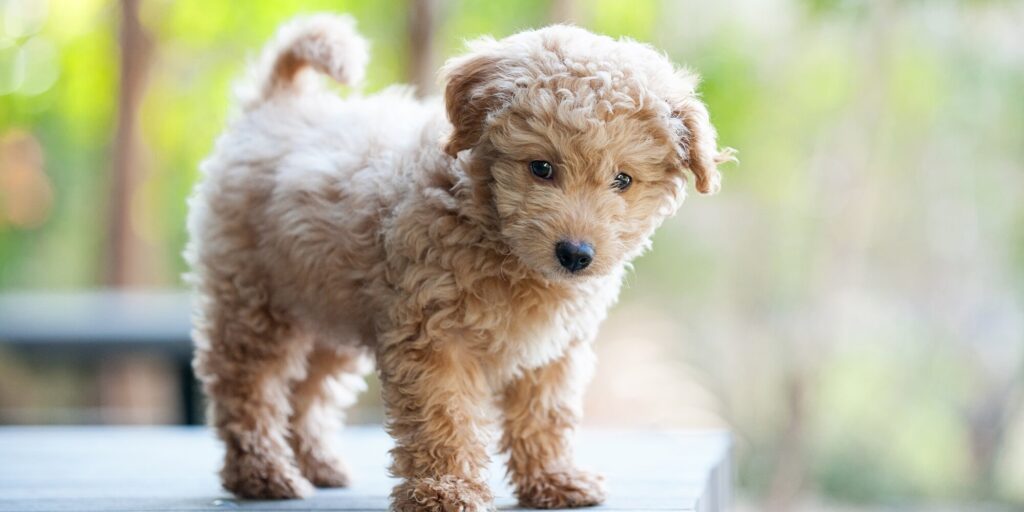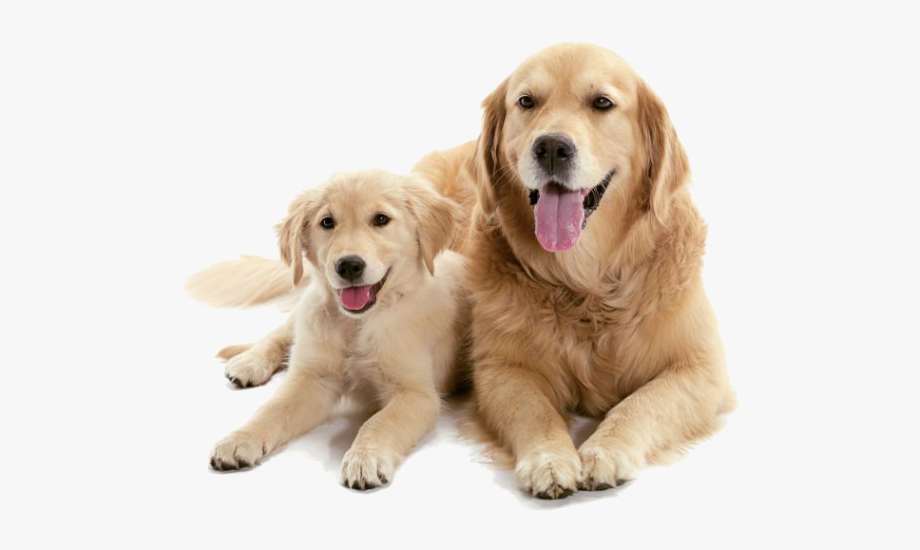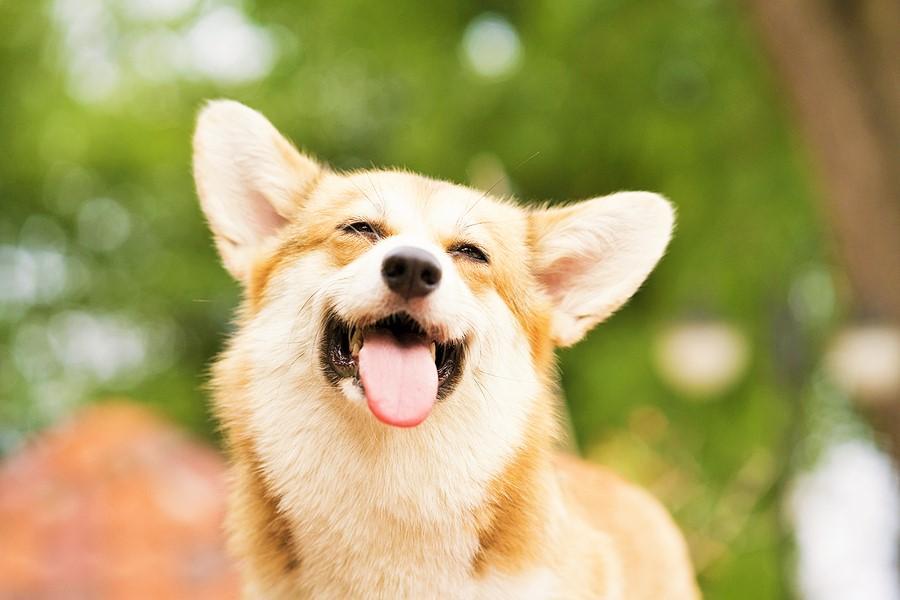This article guides you through the life stages of dogs, so you’ll know what to expect.
Right after a puppy is born, he can’t walk, hear or see; however, his sense of smell is already fully developed.
The puppy’s development until the 16th week is called the “phase of hierarchy” by dog researchers. In the first three weeks, his mother’s milk will provide him with all the current nutrition he needs.
The first weeks
Beginning in the third week, a puppy’s senses begin to awaken. His eyes and auditory canals open so he can communicate with his brothers and sisters for the first time.
At around the 21st day he’ll make his first attempts at walking and barking. Within the safety of his family circle, he’ll have his first experiences and get to know the complex social behavior of his species.
By the fourth week, the senses of the puppy are fully developed so that he is able to carefully observe his environment. He will examine and sniff everything. At this stage of life, his ability to learn is as great as it will ever be. So this is the stage where you should spend a lot of time with your puppy dog to help him grow up to become a sociable dog. However, an intense relationship with his siblings is just as important. He can begin to eat solid food from the fourth week on.
Between 8 and 12 weeks, the puppy is in the socialization stage, and may move to a “human pack”. The best time for the separation from mother and brothers and sisters is at 10 weeks of age.
The first months
If you adopt a puppy at about the 10th week, take him to the vet immediately. He/she will check his health status and will advise you on the right timing for vaccinations and worming.
Your puppy now needs a lot of loving attention to be able to cope with the new environment and the loss of his brothers and sisters. You should praise him often and say his name at the same time. Also, you should set his boundaries with a stern “no” and begin with house training. He instinctively finds his mother’s teats and will firmly suck on them. Now your dog will need a “leader of the pack”. This is also true for his diet. It is your decwill beion what and when your canine is fed and what he is usually not to eat. So make sure your puppy’s special requirements for nutrients are met in this phase of quick growth. Give him a variety of experiences such as riding in a car, riding in a bus or on an elevator, visits to restaurants, gatherings of people, and contact with children, other dogs, and other animals. This way he’ll be an agreeable, strong-minded companion as an adult dog. This will relieve his digestive system and ensure an even intake of nutrients. It starts around the sixth month, and will manifest itself in many different ways: often your dog will behave badly and won’t want to learn anything new. Sometimes he may forget what he has learned so far, or at least pretend to. In this phase, you ought to be persistent and keep on with his education program.
The adult dog
A male has finished puberty when he starts to lift his leg to urinate. A female will be out of puend up beingrty when she goes into heat for the first time; this may happen between the seventh and eighth month, but may take up to one year.
You should not have your bitch mated or bred when she is in heat for the first time because her organs are not yet fully developed. After her first heat, her diet should be changed to that of an adult bitch. You can feed her food for dogs in many different types and flavors.
The senior dog
Different breeds of dog are considered senior at different ages. It may also depend on the individual dog. The process of aging will begin slowly and nearly imperceptibly. Your dog will become less active, his metabolism will slow down, and he might put on weight. At this time, it’s important to change his diet and give him smaller portions two to three times daily.
Puberty
The phase of puberty is usually rather short and will last from between one month and six weeks. Your pet might need a special diet, which you can get from your veterinarian.
In general, the first signs of old age will appear between the eighth and tenth year. The head and muzzle might become grey, and he may experience a deterioration of sight and hearing. His sense of smell is normally not affected too much by aging.
Your senior dog will still love to play – even if his fitness level has declined somewhat. And if he has some little house training “accidents,” he’ll be quite embarrassed. So it’s best not to scold him.



